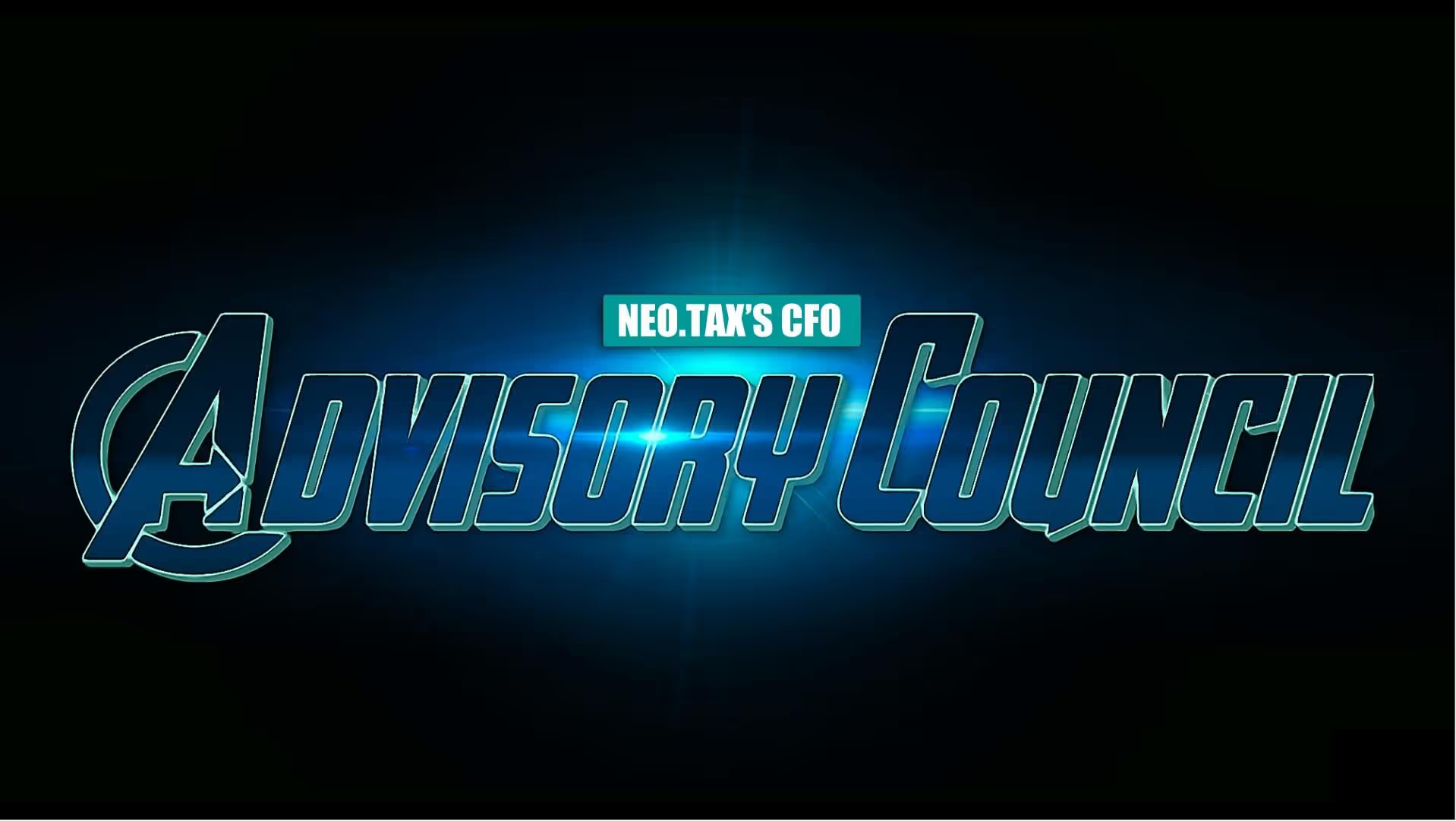Neo.Tax’s mission is to use tax to turn finance into a strategic lever for growing companies. In our experience, the savviest finance leaders appreciate the novelty of our approach.
So, as we continue to build and grow our offering, we’ve made it a priority to cultivate relationships with these finance leaders. Neo.Tax is a tool to optimize and maximize the value of taxes for companies — by working closely with the savviest minds who truly understand companies’ financial needs, we can make our offering indispensable.
That’s why we’re so excited to announce the launch of our Neo.Tax CFO Advisory Council! The best tools are a symbiosis of great minds and great technology; so, we’re putting together an Avengers-level tax brain trust over at Neo.Tax…
We’ll be announcing the members of our Neo.Tax CFO Advisory Council over the next weeks in a series of blog posts charting their career paths and highlighting their unique insights. Our first post about Daniel Kang, VP of Finance at Mercury, will be publishing next week. Keep an eye out.
Tax Avengers, assemble!
Catch up on the latest news and updates
Subscribe To Our Newsletter
Insights on R&D tax credits and AI innovation delivered to your inbox every month.







